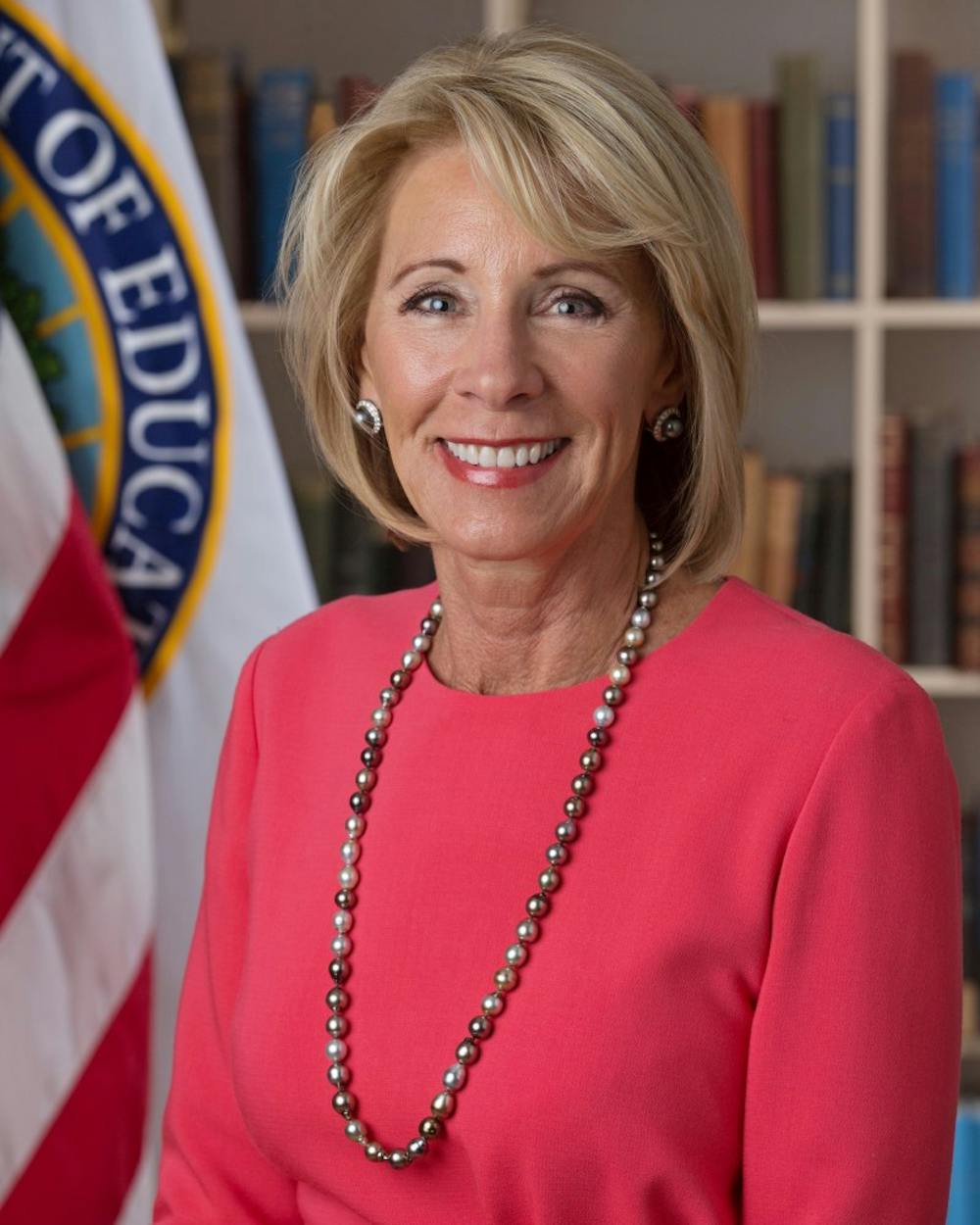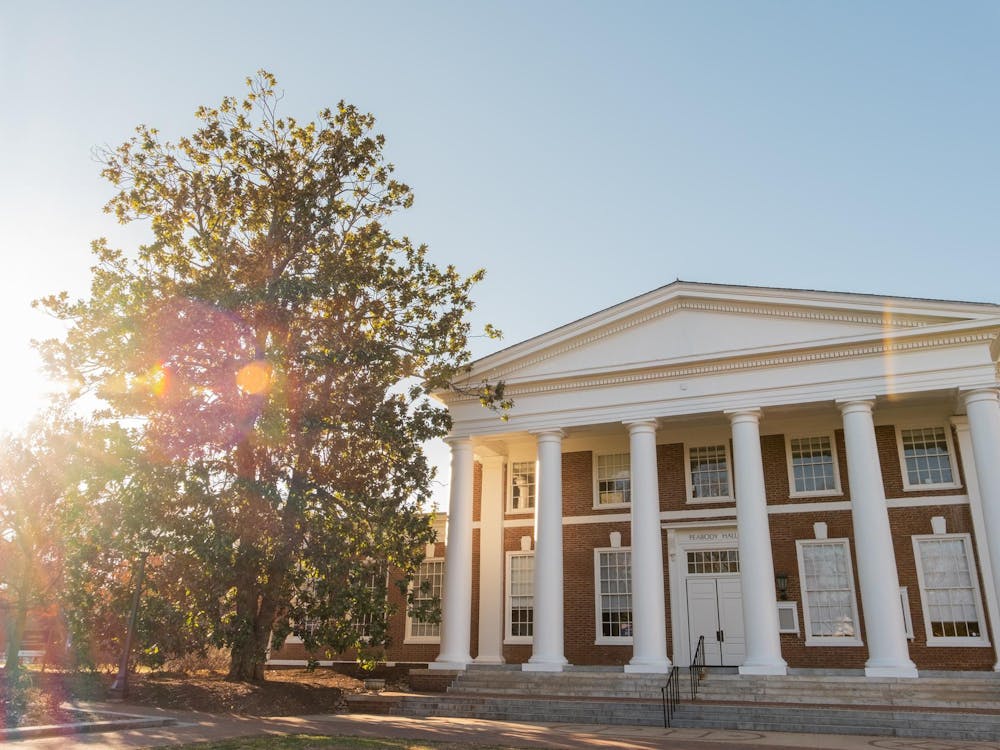On Sept. 22, the U.S. Department of Education’s Office for Civil Rights scrapped a 2011 "Dear Colleague" letter, which spelled out to colleges their obligation to effectively address reports of sexual violence. The letter, which emphasized that the federal government would aggressively police that responsibility, signaled a new era of strict enforcement throughout U.S. college campuses. The department also axed a 2014 question-and-answer document which outlined how colleges should bring their policies into compliance with Title IX. These two documents encouraged universities to take sexual assault more seriously, and their retraction presents our University an opportunity to emphasize its commitment to protecting the progress of the last several years.
For now, the department has released temporary guidance which will eventually be followed by official regulations. Overall, the nature of the temporary guidance is significantly more lax than that of its predecessors. For example, the guidance now allows colleges to choose which standard to employ when dealing with sexual-assault cases: the standard which the 2011 letter instructed colleges to use, the preponderance of the evidence or clear and convincing evidence (a higher standard). This might eventually prove to be confusing and inconsistent at the national level, with different institutions having different protections for students. On Grounds, it is essential that the University administration determines the best approach for the community, while maintaining the current protective standard of adjudication.
Despite its shortcomings, the new guidance presents a notably positive change. Under the new document, colleges no longer have 60 days from when a report is filed to resolve sexual-assault cases. Hopefully, the removal of the 60-day rule will provide investigators an opportunity to take their time when dealing with complex sexual-assault cases without the need of a requested extension. This change will allow for fairer investigation processes for cases at our University, which would otherwise — by not qualifying for an extension — have to expedite their proceedings in order to meet the 60-day rule.
This isn't to say that the University should immediately overhaul its Title IX policies. Given that most of the student body has already been taught about University procedures for responding to sexual-violence reports, it would be unnecessarily confusing and disruptive to suddenly backtrack on these policies. Nevertheless, when the time comes, the University should take the opportunity to re-up their commitment to maintaining a fair, safe and effective reporting system for instances of sexual violence.







